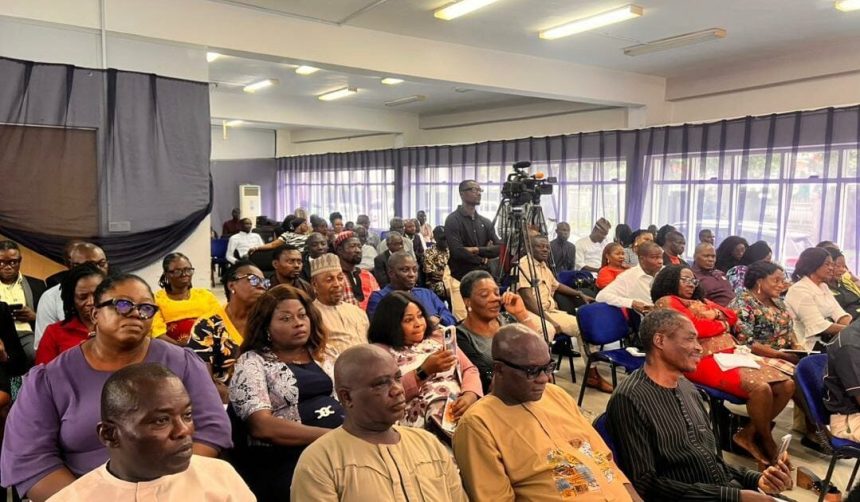The Cross River State Government has launched a digital literacy and capacity-building programme aimed at transforming its civil service into a paperless and technology-driven workforce by the end of next year.
The initiative, tagged Civil Service Technology Empowerment for Capacity and High Performance, was flagged off by the state’s Head of Service, Orok Okon, Esq., at Prof. Eyo Ita House in Calabar.
Okon was sworn in as the new Head of Service in September by the state governor, Bassey Otu.
According to the official schedule, the training began with Cohort 1, comprising Directors and Deputy Directors of Administration, and will run from November 4 to 6, 2025. Cohort 2, made up of Assistant Directors, Chiefs, and Principal Officers, will follow from November 11 to 13, while Cohort 3, featuring officers on Grade Levels 8–10, will hold from November 18 to 20, 2025.
Speaking during the flag-off on Tuesday, Okon said the programme was developed in partnership with Cross River State CR-MEDA, shortly after he assumed office, in line with the government’s plan for a modern and efficient public service.
Okon stated, “This initiative aligns with our goal of achieving a paperless civil service by the end of 2026.
“Every cadre of staff across state and local government services will undergo ICT training to ensure full computer literacy and digital proficiency. This is timely and crucial as we transition to e-governance.”
The Director General of CR-MEDA, Great Ogban, said the training demonstrates Otu’s commitment to civil service reform, one of the key pillars of the People’s First Blueprint.
“You cannot reform the civil service without technology and education. This training translates the governor’s vision into action.
“Civil servants are the drivers of government policy, and this programme will enhance their efficiency, speed, and output,” Ogban said.
Similarly, Chairman of CR-MEDA, Esessien Edet, praised the initiative as a major step toward a modernised public service.
“This programme moves our workforce from non-ICT compliance to digital proficiency. It will drastically improve turnaround time, productivity, and service delivery,” he said.
Also speaking, Permanent Secretary, Public Service Office, Glory Odu Oji, said the state started with administrative officers because of their vital role in managing data and executing policies.
She said, “Once administrators are ICT compliant, the entire system will function more efficiently. Participation is voluntary, but over time, productivity will reflect who embraced the opportunity.”
Participants at the event described the initiative as forward-thinking and transformative.
The Director of Administration, Ministry of Human Capital and Entrepreneurship Development, Icha Mboto, called it a timely intervention.
“This training will enhance our ability to manage records and workflows digitally. It’s a major step toward modern public administration,” Mboto said.
The Deputy Director of Planning, Ministry of Industry, Pamela Ekuri, also lauded the programme, saying it would have long-term benefits.
“The government’s decision to embrace ICT will make our service delivery faster, smarter, and more sustainable,” she said.









